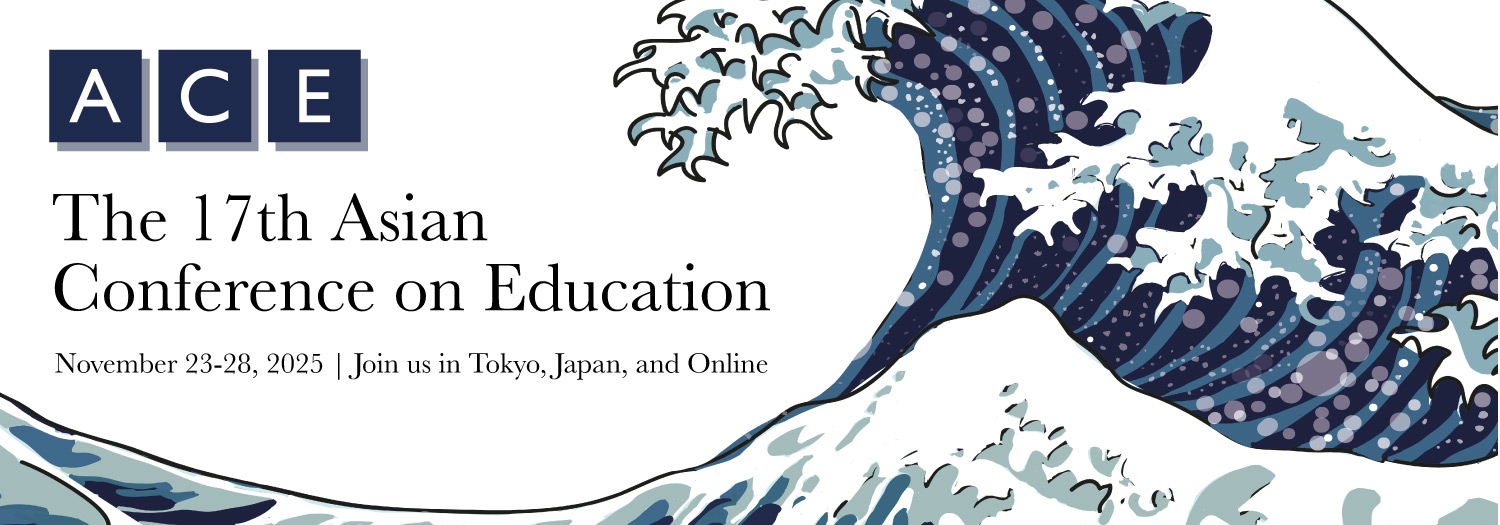A Theoretical Model for Adaptive Learning Systems in Large Classrooms: Combining Real-Time Emotion Detection and Engagement Analysis (88447)
Monday, 25 November 2024 15:50
Session: Poster Session 1
Room: Orion Hall (5F)
Presentation Type: Poster Presentation
Engaging students in large higher education classrooms presents significant challenges due to diverse learner needs and the scale of instruction. This study introduces the "Adaptive Emotion-Engagement Learning System" (AEELS), a theoretical model designed to enhance student engagement and learning outcomes by integrating real-time emotion detection and engagement analysis. The research aims to develop and validate the AEELS model, focusing on its key components and their interactions within medium to large classroom settings. The study employs a theoretical research design, divided into two phases: theoretical model development and simulation-based validation. The AEELS model, grounded in six key theoretical frameworks, includes five interconnected components: Multimodal Emotion Detection Module (MEDM), Engagement Analysis Module (EAM), Adaptive Content Delivery System (ACDS), Instructor Dashboard (ID), and Feedback and Optimization Loop (FOL). These components work together to adapt instructional content and strategies based on real-time data collected from simulated classroom environments. Results showed that the AEELS model enhances classroom responsiveness by accurately detecting and analyzing students' emotional and engagement states. The model’s adaptive mechanisms enable real-time adjustments in content delivery, contributing to a more personalized and effective learning experience. These findings provide new insights into applying adaptive learning systems in large classrooms, demonstrating the potential to significantly improve student engagement and learning outcomes. This research advances the field by offering a new approach to managing large classroom environments, and enhancing both theoretical understanding and practical application of adaptive learning technologies.
Authors:
Apirat Siritaratiwat, Khon Kaen University, Thailand
Parama Kwangmuang, Khon Kaen University, Thailand
Anucha Somabut, Khon Kaen University, Thailand
About the Presenter(s)
Parama Kwangmuang is an Assistant Professor of Educational Technology. He earned his Ph.D. in Educational Technology from Khon Kaen University.
See this presentation on the full schedule – Monday Schedule





Comments
Powered by WP LinkPress